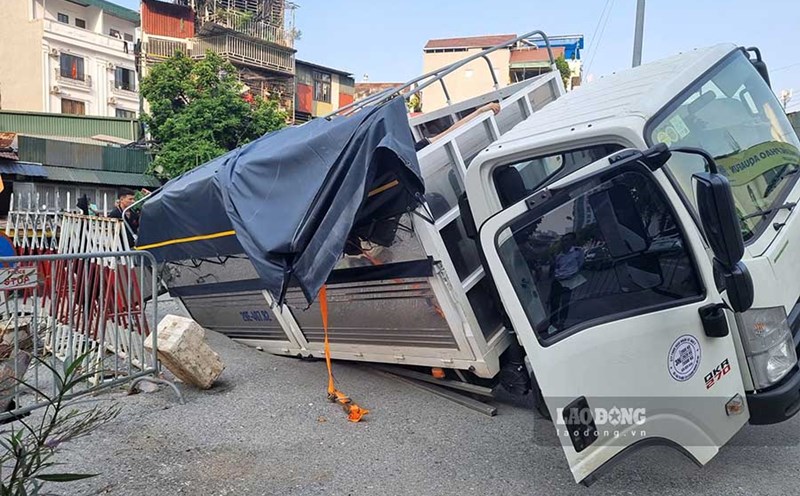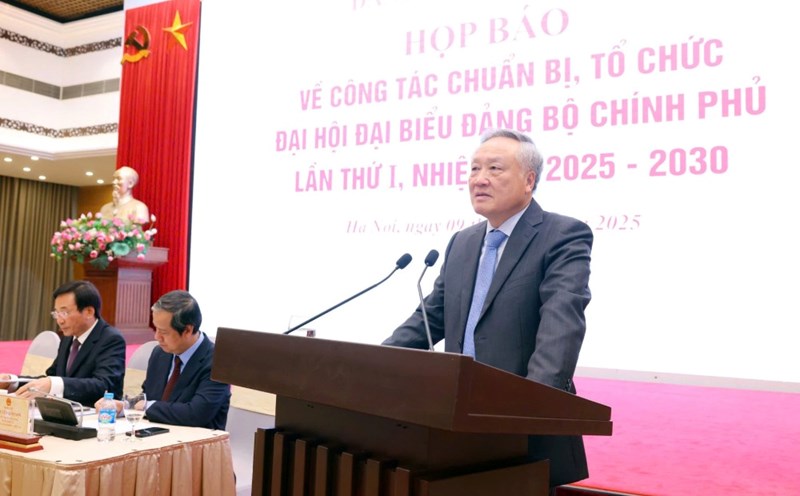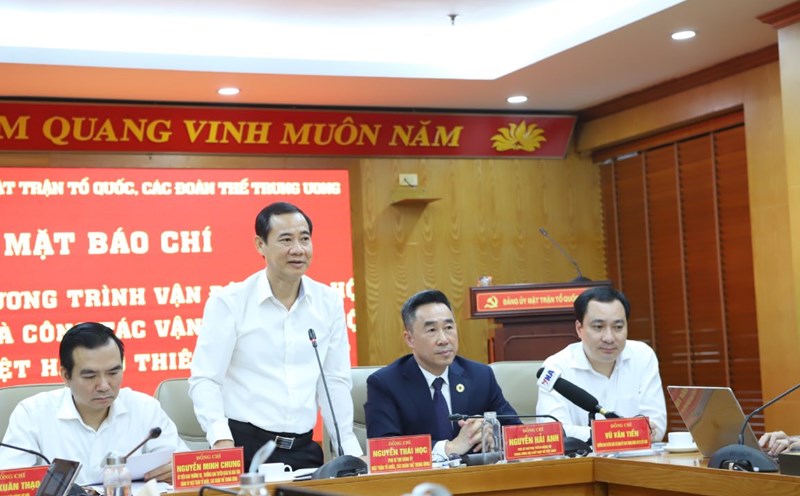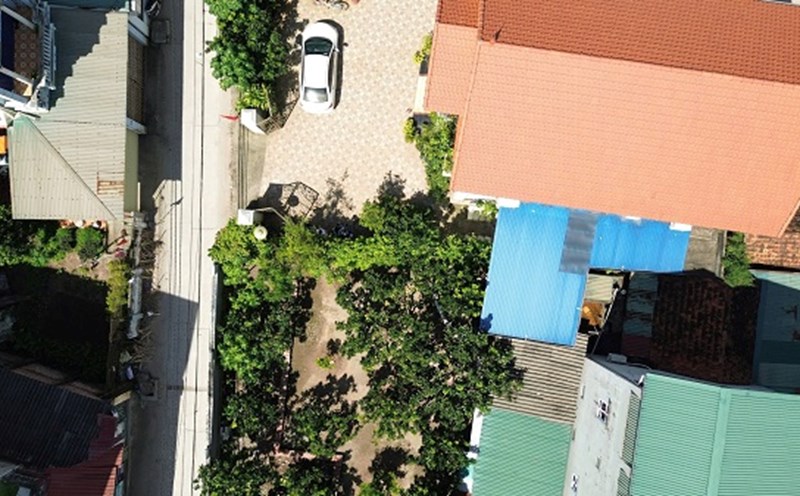New pillar of modern market management
Speaking at the Forum " Identification and traceability technology - Enhancing Vietnamese goods" organized by Industry and Trade Newspaper in coordination with units on the morning of October 9, Mr. Tran Huu Linh - Director of the Domestic Market Management and Development Department (Ministry of Industry and Trade) emphasized - identification and traceability are two pillars of modern market management.
According to Mr. Tran Huu Linh, identification helps to accurately identify products from the place of production to the place of consumption, while tracing the origin to provide complete and authentic information about the journey of the product. When these two factors combine, a transparent management ecosystem will be formed, where all transactions can be verified and authenticated.
Mr. Linh stated: Showing off the origin of goods is an important tool to prevent and detect early acts of trade fraud, forgery of origin, and violations of intellectual property rights. At the same time, this is also a platform for management agencies, businesses and consumers to participate in market monitoring, forming responsible consumption habits.
We identify that there must be a unified traceability system, using modern technology, easy to access, connecting with the management system of other ministries and branches and in accordance with international practices. At that time, each product will have a unique identification code, like the citizen identification card of the goods" - Mr. Linh said.
According to Mr. Linh, applying traceability not only helps businesses affirm their brands, but is also a "passport" for Vietnamese goods to overcome technical barriers and conquer demanding markets.
Director Tran Huu Linh said that the Ministry of Industry and Trade is focusing on completing the legal corridor for the identification and traceability of goods, including the development of a Decree on the criteria for the origin of domestically circulating goods. This document, when issued, will be an important basis for authorities to distinguish between real - fake goods, Vietnamese goods - imported goods, and at the same time, support the work of combating trade fraud and protecting consumers.
At the same time, the Domestic Market Management and Development Department is coordinating with relevant units to deploy advanced technology solutions such as blockchain, IoT, QR codes, GS1 bar codes, etc. to ensure accurate and comprehensive traceability.

" Passport" for Vietnamese goods to enter the export market
Vietnam currently has 19 free trade agreements (FTAs), of which 17 FTAs have been and are being implemented. Currently, the Ministry of Industry and Trade is preparing to start negotiations for 2 more FTAs.
According to Ms. Tran Thanh Binh, Head of the Commodity Exit Department, Import-Exit Department, Ministry of Industry and Trade - along with the system of large FTAs, Vietnamese goods have a great opportunity to penetrate markets around the world. tariff incentives through FTAs are a great support for Vietnamese goods to dominate competition in the market.
Ms. Tran Thanh Binh also said that to make good use of FTAs, the prerequisite is that businesses must meet the regulations, including the issue of traceability.
Regarding this issue, Ms. Tran Thanh Binh added that the management of goods is currently divided into two areas: Domestic transportation and import and export. "For domestic goods, the focus is on identification and traceability. Export goods, the mandatory requirement is to determine the origin. Despite the difference, these two areas are coordinated smoothly to both protect consumers and meet international commitments, said Ms. Tran Thanh Binh.
The origin of goods is the "passport" for Vietnamese products to enter export markets and take advantage of tariff incentives. Like citizens with passports and visas when traveling abroad, goods to enjoy incentives must also have a valid certificate of origin.
In reality, the difference in tariffs thanks to the certificate of origin brings a huge advantage. Vietnamese rice exported to the EU, if not certified, is subject to a tax of 175 Euros/ton; however, if there is a valid certificate, the tax rate will be reduced to 0%. This helps Vietnamese enterprises increase their competitiveness in the market, said a representative of the Import-Export Department.











